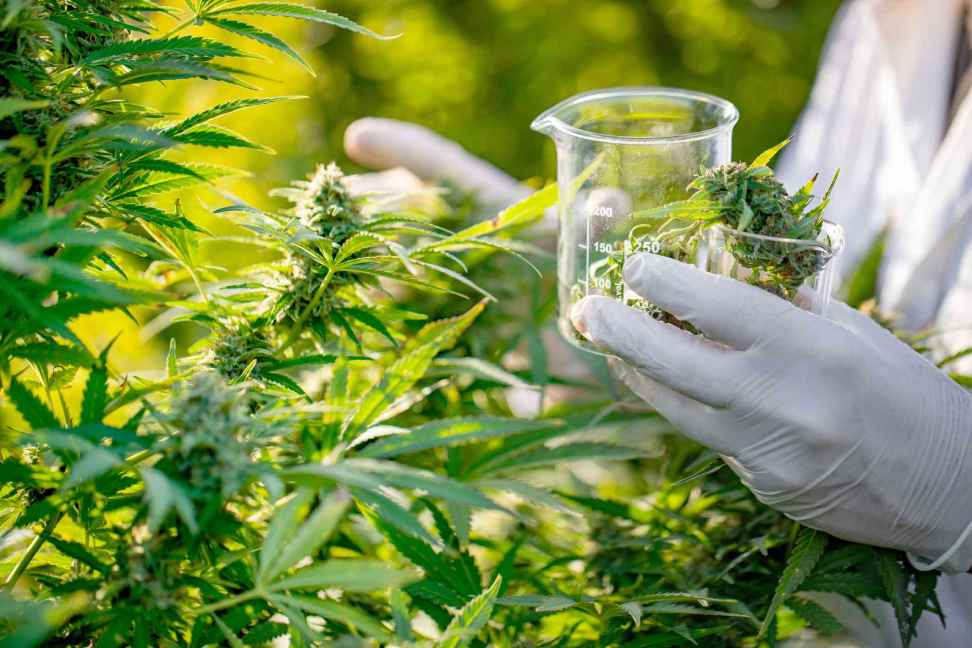Depression is a prevalent and complex mental health condition impacting millions worldwide. While traditional treatments like medication and therapy exist, some individuals seek alternative approaches to manage their symptoms. Cannabidiol (CBD), a compound found in the cannabis plant, has emerged as a potential option, sparking curiosity and debate.
Understanding CBD and its Potential Effects on Depression
It’s crucial to differentiate CBD from tetrahydrocannabinol (THC), the psychoactive compound in cannabis responsible for the “high.” Unlike THC, CBD is non-psychoactive, meaning it doesn’t alter your state of mind. Research on CBD’s impact on depression is still in its early stages, but initial studies suggest promising possibilities.
Emerging Research and Considerations
Animal studies have shown that CBD may interact with the brain’s serotonin system, potentially influencing mood regulation. Some human studies have also indicated positive results, with individuals experiencing a reduction in depressive symptoms. However, these studies are often small-scale and require further investigation with larger and more controlled trials.
It’s important to remember
- Limited evidence: While initial research is encouraging, it’s not conclusive enough to declare CBD a definitive treatment for depression.
- Individual variability: What works for one person might not work for another. Factors like dosage, form of CBD, and individual biochemistry can influence its effectiveness.
- Potential side effects: Though generally well-tolerated, CBD can interact with certain medications and cause mild side effects like nausea or fatigue.
Navigating the Use of CBD for Depression
If you’re considering CBD for depression, it’s essential to:
- Consult a healthcare professional: Discuss your specific situation and potential risks and benefits with a doctor or licensed therapist familiar with CBD.
- Start low and slow: If your doctor approves, begin with a low dose and gradually increase it, monitoring your response.
- Choose reputable sources: Opt for CBD products from reputable vendors with third-party lab testing to ensure quality and safety.
Conclusion
While the research on CBD and depression is ongoing, it holds promise as a potential complementary approach alongside traditional treatments. However, it’s crucial to approach it cautiously, seeking professional guidance, and maintaining realistic expectations. Remember, managing depression often requires a multifaceted approach, and CBD should be considered within a comprehensive treatment plan.

